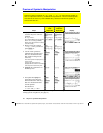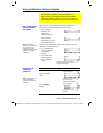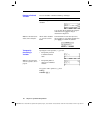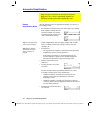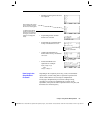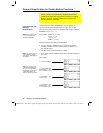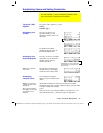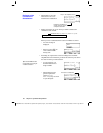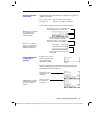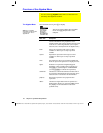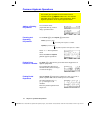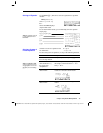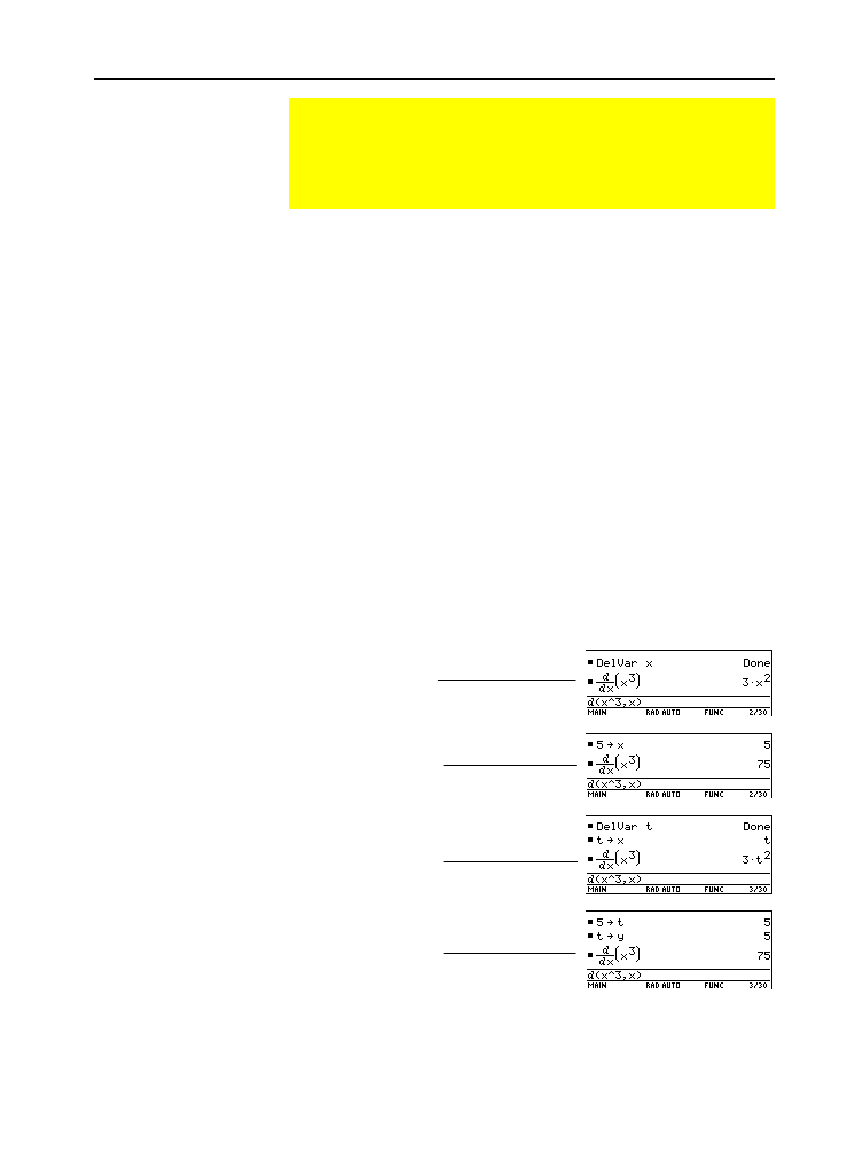
66 Chapter 3: Symbolic Manipulation
03SYMBOL.DOC TI-89/TI-92 Plus: Symbolic Manipulation (English) Susan Gullord Revised: 02/23/01 10:52 AM Printed: 02/23/01 2:12 PM Page 66 of 24
Functions that use delayed simplification have a required
var
argument that performs the function with respect to a variable.
These functions have at least two arguments with the general form:
function
(
expression
,
var
[, ... ]
)
For example:
solve
(x^2
ì
x
ì
2=0,x)
d(x^2
ì
x
ì
2,x)
‰
(x^2
ì
x
ì
2,x)
limit
(x
ñ
ì
x
ì
2,x,5)
For a function that uses delayed simplification:
1. The
var
variable is simplified to the lowest level at which it
remains a variable (even if it could be further simplified to a
non-variable value).
2. The function is performed using the variable.
3. If
var
can be further simplified, that value is then substituted into
the result.
For example:
Delayed Simplification for Certain Built-In Functions
Usually, variables are automatically simplified to their lowest
possible level before they are passed to a function. For certain
functions, however, complete simplification is delayed until
after the function is performed.
Functions that Use
Delayed
Simplification
Note: Not all functions that
use a var argument use
delayed simplification.
Note: You may or may not
want to define a numeric
value for var, depending on
the situation.
Note: The example to the
right finds the derivative of
x
ò
at x=5. If x
ò
was initially
simplified to 75, you would
find the derivative of 75,
which is not what you want.
x cannot be simplified.
x is not simplified. The
function uses x
ò
, and
then substitutes 5 for x.
x is simplified to t. The
function uses t
ò
.
x is simplified to t. The
function uses t
ò
, and
then substitutes 5 for t.



